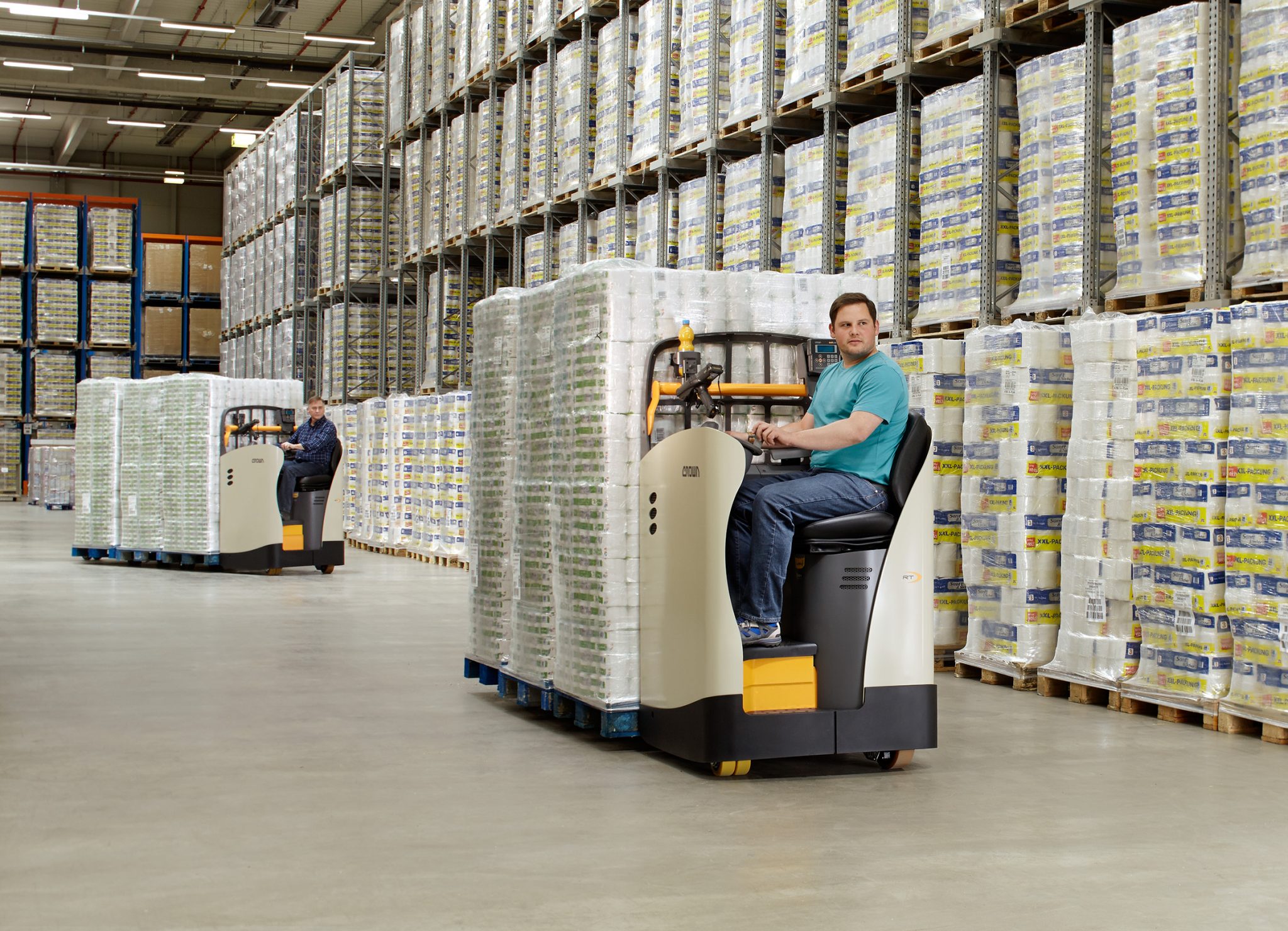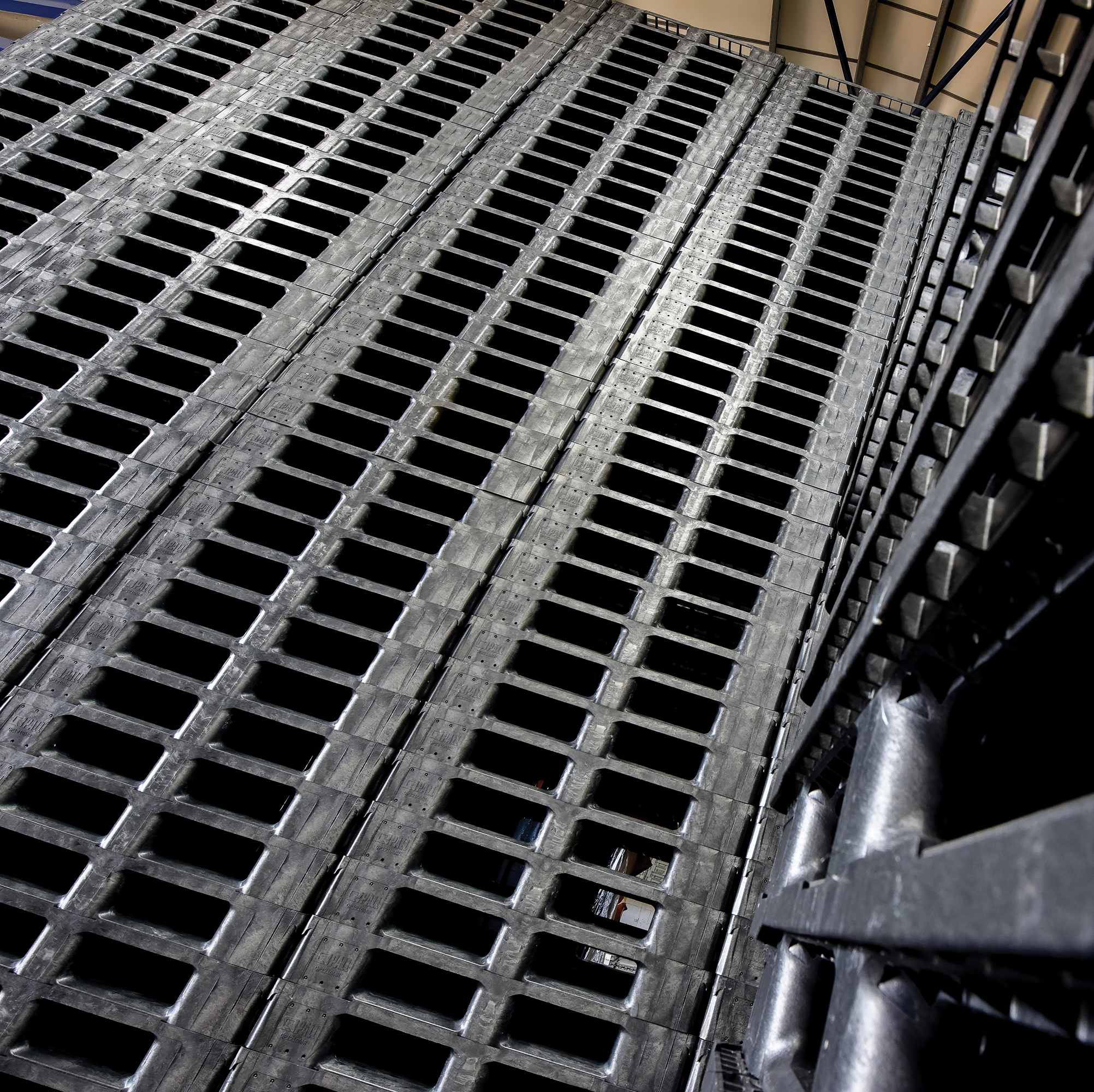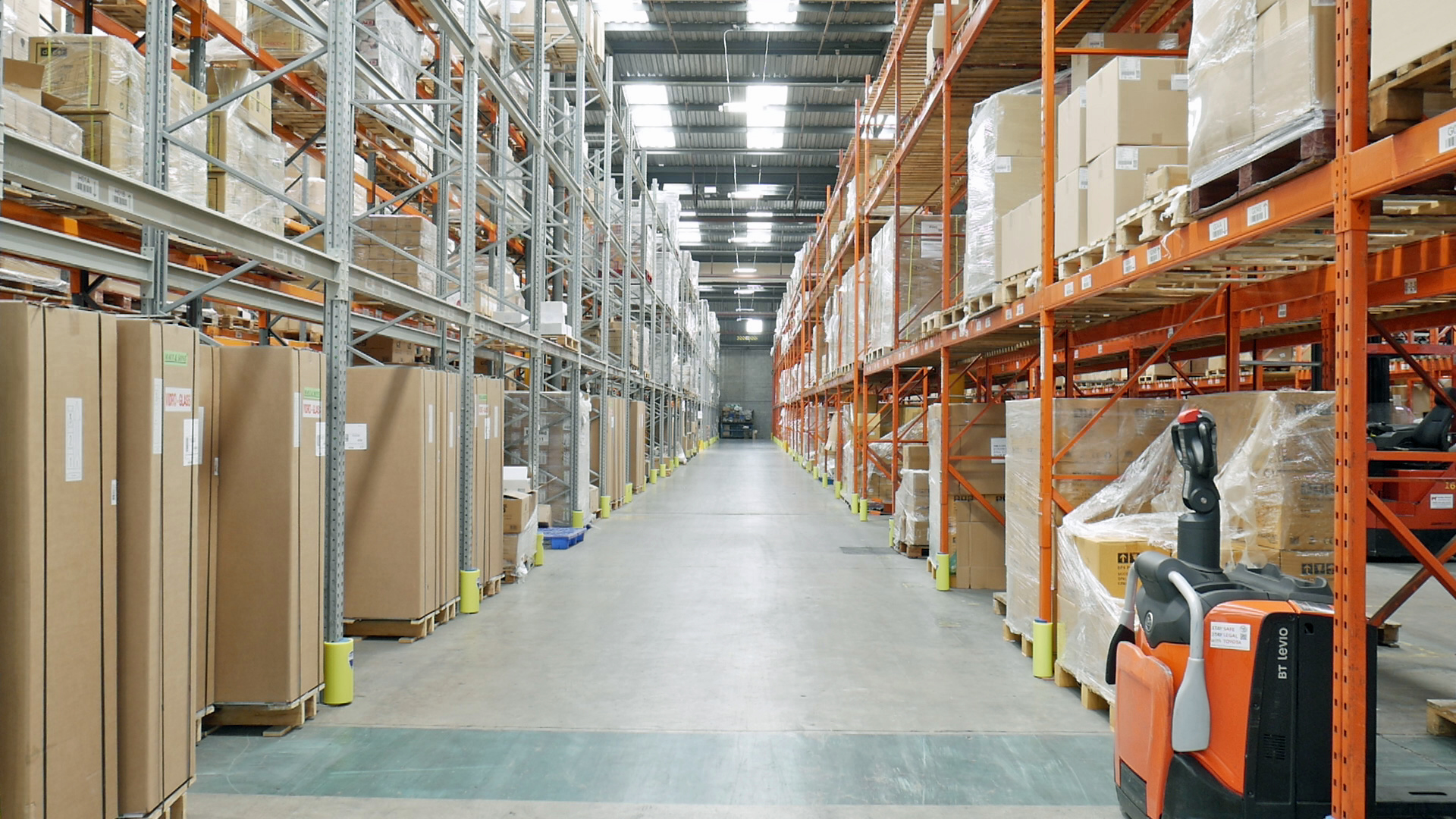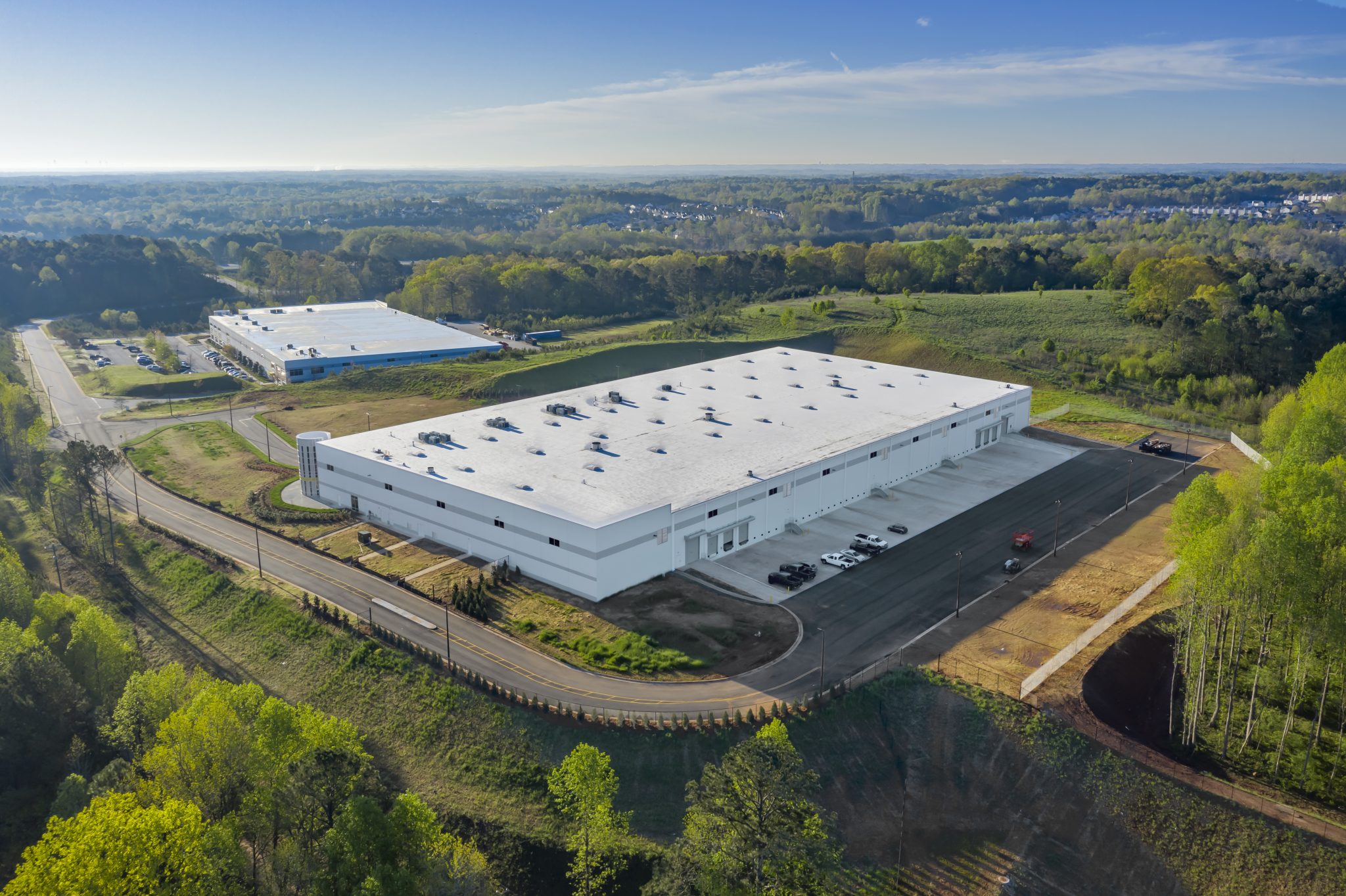Emerging UK-based specialist adviser to fleet operators FLEETMAXX is looking to expand its number of operators – and is hiring new staff in the process.
“During this coronavirus pandemic, our group has been helping more than 50,000 customers, including, HGV operators, hauliers, couriers, delivery drivers, plumbers, builders, electricians, large organisations, transport managers, sole traders, owner drivers and start-up companies, to continue doing business,” says marketing manager Steve Clarke. “We are a wholly-owned division of Oilfast Ltd, who are a national bulk fuel, lubricant and licensed Adblue® distributor. With that support in place, we have been secure in our staff retention during this Covid-19 situation. Now we are looking to expand.”
The company is basing its pitch both to new staff recruits and customers on the loyalty and enthusiasm shown by its staff. “Although preventing the spread of this invisible virus is challenging in the way we use our space in our Motherwell and Kent offices, it has not knocked our team spirit, and we are looking forward to expanding our group of operators,” he said.
Examples of those staff include:
Rob Webb (above) is the General Manager at the Kent Office, and he explains: “I’m lucky to have started well by recruiting some dedicated and committed professionals to help me make us the trusted partner for commercial vehicle operators. I always follow the advice of the late, great motivational speaker Zig Ziglar: ‘What you send out comes back, what you sow you reap, what you give you get and what you see in others, exists in you.”
Sue Florence is the General Manager at the Motherwell Office, she explains: “Working for a family-run company, means everyone is involved in making the business a success, great team, great atmosphere and we are always going that extra mile.”
In the Kent office, Demi Yuill agrees and continues: “The most satisfying part of my job is helping people genuinely. What we offer is honesty, there are no hidden extras, and there are true business benefits to be made.”
Joe Molineaux adds: “FLEETMAXX for me has changed my attitude and focus when it comes to my work life. It offers much more independence than anywhere I have worked before. The most rewarding thing for me is that I can offer a product I believe in, and I believe it can be a benefit to our customers.”
Anthony Stafford describes why he loves working at FLEETMAX SOLUTIONS: “I love talking to customers and showing them how much their current supplier is overcharging and what we can do for them.”
The fuel card range at FLEETMAXX SOLUTIONS is valid at BP, Esso, Shell, and Texaco sites as well as supermarkets (Fuelgenie), independent retailers and specialist Diesel networks, such as Keyfuels and UK Fuels.







